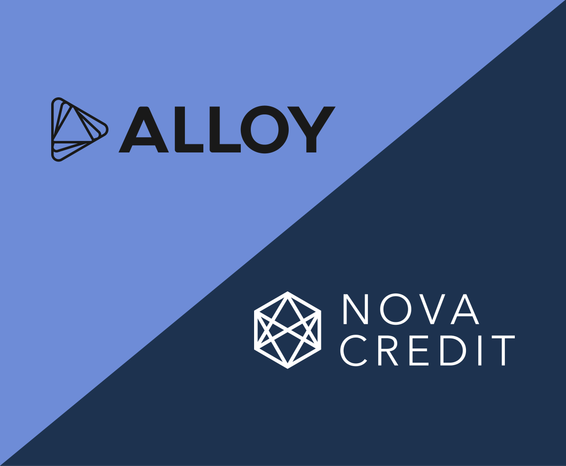Share
How valuable is a credit score?
Aug 16, 2023
Why banks and fintechs are turning to alternative credit data to make smarter credit decisions

Lending decisions have relied heavily on credit scores since they were first introduced. The US FICO score, introduced in the late-1950s, inspired many other scoring systems worldwide. By providing a standardized system for determining creditworthiness, credit scores achieved widespread adoption among financial institutions and became recognized as a key measure of a borrower’s financial health.
However, some banks and fintechs have recently started incorporating alternative sources of data into their credit decisioning. After more than 60 years of trusting credit scores, what is prompting our industry to rethink them?
The limitations of a credit score
One of the main problems with traditional credit scores is the number of errors in credit reports. Consumer Report found that more than a third of surveyed consumers found errors in their credit reports, potentially lowering their scores. Among the most common errors were unrecognized accounts, unrecognized debt reported to collection agencies, wrong addresses, and misspelled names.
Further research shows that, for example, in the US, 10% of Americans have non-existent credit, and 30% have non-prime scores. However, only a fraction have defaulted on a loan.
Another problem with credit scores is they can be unreliable. A default from several years ago could lead to a loan rejection, even if the borrower’s financial health has dramatically improved since. Meanwhile, the unbanked or underbanked sectors of the economy can’t get a credit score because they don’t have a credit or payments history. That makes accessing the financial system harder for those who need it most.
Credit scores also penalize rational financial behavior. Even if a consumer pays off a loan, their score may drop if it’s their only installment account (as opposed to a revolving account like a credit card) or if they’re still paying off other loans with higher balances.
Finally, the major credit bureaus are vulnerable to cyberattacks. For example, during the 2017 Equifax breach, hackers accessed the personal information of 147 million Americans, 15 million British citizens, and 19,000 Canadian citizens — including social security numbers, credit card details, and driver’s license numbers.
A more holistic view of creditworthiness
Banks and fintechs have begun to leverage alternative credit data to overcome these limitations. Some use transactions from checking and savings accounts, which banks have relied on for generations to process applications for credit cards. Others use on-time payment history for household bills, such as rent or mortgage payments.
As part of Alloy’s mission to make a more equitable and accessible financial industry, we built this functionality into our Credit Underwriting solution, enabling banks and fintechs to access alternative data sources to help them make smarter lending decisions.
However, moving away from a system of established credit scores presents challenges. To start with, transaction data is unstructured, which means banks and fintechs need to clean and categorize it before they can use it. Even data provided by aggregators doesn’t always support sophisticated lending decisions.
Banks and fintechs also have to educate stakeholders. Consumer lending is highly regulated in each country, so financial institutions must persuade regulators that they’re sticking to the rules when they use alternative data. As for consumers, open banking has put them in control of their financial information for the first time, but they may be reluctant to share such sensitive information, especially with third parties.
Looking ahead
Regulation supporting the use of alternative data for credit scoring seems to be forthcoming, which should drive adoption. For example, in the US, the Biden administration has made financial inclusion one of its main economic policies. In 2020, the Office of the Comptroller of the Currency (OCC) launched Project REACH, a consortium of public and private institutions dedicated to improving access to financial services for unbanked and underbanked Americans. Elsewhere, the European Parliament is revising the Consumer Credit Directive (CCD), including reviewing what data is permissible to be included when assessing a consumer’s creditworthiness.
These regulatory updates are necessary to promote a fairer and more inclusive finance industry, which better reflects the data available today, such as data via open banking, as well as the innovation occurring in consumer lending services.
Smart lending decisions don’t have to be hard.
Combine credit bureau data and over 190 data sources with Alloy Credit Underwriting.





